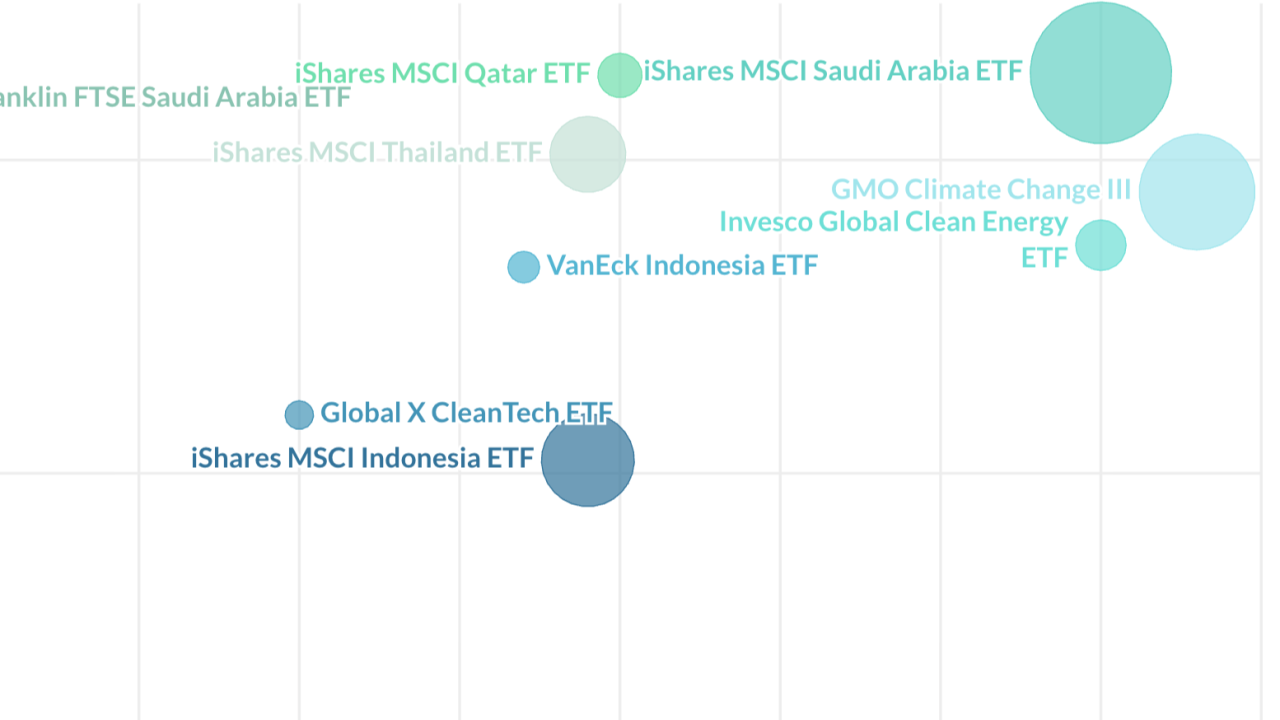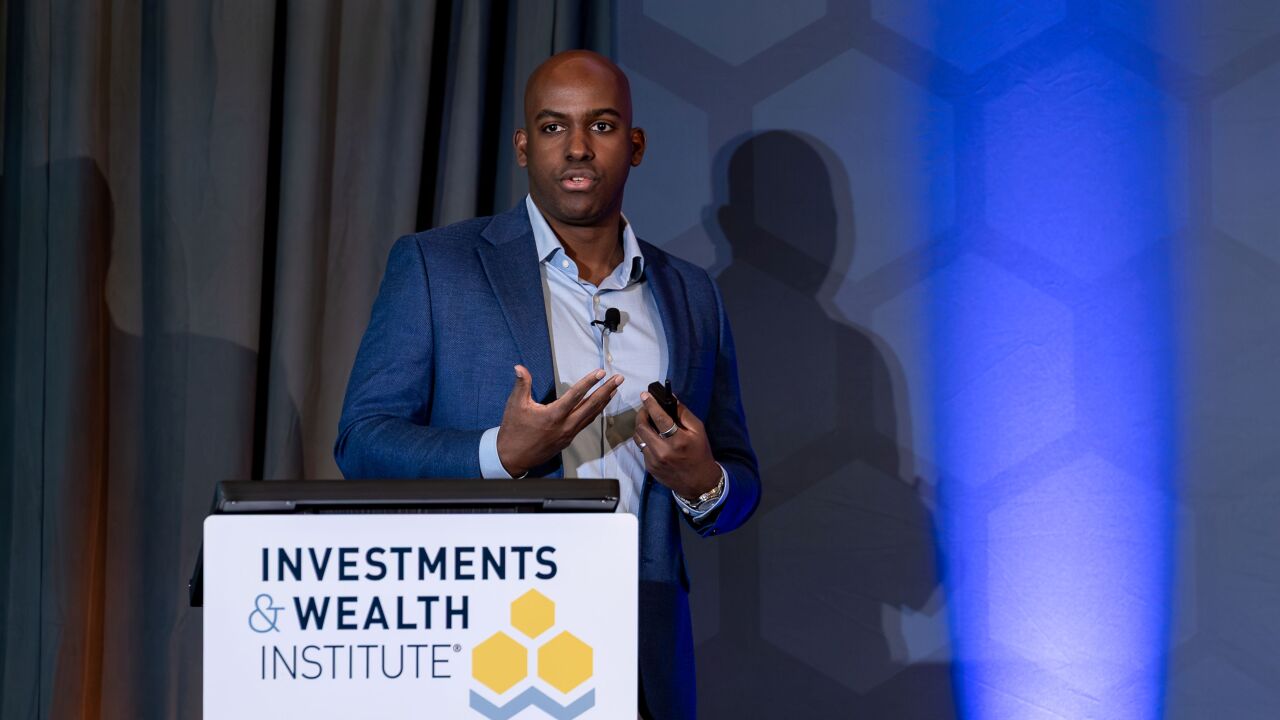Have you ever taken the time to explore with your clients how their lives and work will impact those who follow them? Or discussed what they hope to leave behind, beyond money, as a lasting influence when they are gone? If you are uncomfortable asking a client these pointed questions, you are missing an opportunity to strengthen your relationship and your role as an advisor.
In fact, such a legacy conversation can powerfully influence both your clients' lives and your practice. Enabling your clients to identify and share their values and vision for the future is a priceless service. In addition, by expanding your role in your clients' lives and your relationship with their families, you can potentially sustain your practice by maintaining the next generation as your clients.
It Starts with Their Story
Family leaders start the legacy conversation by sharing their story. For you as an advisor, asking clients about their history, values and life lessons is a critical part of the discussion. Not only can this type of intimate dialogue add critical narrative to their financial decisions, it can confirm that your current financial plan actually reflects their deepest concerns and desires for the next generation.
If you have never attempted to have this type of discussion, however, it can be daunting. The following exercise can help your client to get started in the process of clarifying his or her values and identifying critical issues he or she wants to discuss with the next generation.
Ask the client to take a moment to reflect on the following:
- Which three people are most important to you? Why?
- What are your top five values?
- What accomplishment are you most proud of? Why?
- What are three words that you would like to have said about you?
- What worries you the most about the future for yourself and your children?
- What do you want your children and future generations to know about you, your values, lessons learned and life experiences?
Directing the Process
Once your clients have answered these questions and you have a clearer picture of what they want to impart to the next generation, the next step is to guide them formally through the process of writing an ethical will.
An ethical will is a document that will formally express their thoughts and feelings to their loved ones. Legal and financial papers address "what I want my loved ones to have." An ethical will addresses "what I want my loved ones to know." The ultimate goal is to communicate through a letter or another medium the clients' innermost thoughts.
Here are some specific topics an ethical will may cover:
- What I want my loved ones to know about me.
- How I became who I am.
- The main influences in my life.
- The important lessons learned during my life.
- People and causes for which I feel a sense of responsibility.
- Mistakes I hope my children will avoid.
- My definition of true success.
- My hopes for my loved ones' future in terms of family unity, ethical conduct, charity or business relationships.Favorite sayings or stories.
- Expressions of gratitude or hope.
(A great reference on writing an ethical will can be found at www.yourethicalwill.com.)
After this process is completed, the next step is for the advisor to facilitate a family meeting where the client can share his or her ethical will. This gathering could also provide an opportunity for the advisor to establish a relationship with the next generation.
Putting a Plan in Practice
|While guiding your clients to write an ethical will is a powerful tool for strengthening your relationship with both them and their families, it can also be labor intensive. Therefore, you need to determine how this instrument would fit into your business in a cost-effective manner.
Here are some questions you might ask before incorporating ethical wills into your practice:
- What is your goal for using this tool?
- How do you envision that it will fit effectively into the current policies and procedures in your practice?
- Who is the ideal client who would benefit from using this tool?
- What is his or her profile (in terms of factors such as age, marital status, children and/or grandchildren, assets)?
- How will you introduce the concept to the client?
- Who on your team will work with clients in completing the ethical will process and hold them accountable?
Finally, you need to develop and incorporate a repeatable process for engaging clients to write and share their ethical wills that allows for scalability, sustainability, follow-up and accountability in your practice. Here is an example of an ethical will protocol:
The ethical will process will incorporate three one-hour meetings. There will be a predetermined goal, behavioral strategy and specific behavioral assignment identified for each of the meetings.
Meeting 1
Goal: Introduce the ethical will concept to the client.
Behavioral strategy: Go through an exercise in which the client designs a personal shield, like the ones people had in medieval Europe.
Homework assignment: Review a book or other literature about ethical wills.
Meeting 2
Goal: Have the client begin the ethical will process.
Behavioral strategy: Review the process with the client.
Homework assignment: Write an ethical will.
Meeting 3
Goal: Review the completed ethical will.
Behavioral Strategy:
- Discuss whether the client's current financial plan reflects the thoughts and desires expressed in the ethical will.
- Discuss strategies for sharing the will with the client's family (for example, at a family meeting where it is read to everyone or handed out to be read).
Homework: The financial advisor will schedule the meeting, identify who will attend and invite them.
While at first glance these activities may appear daunting, they can provide an immeasurable return on your investment. By guiding your clients to write and share ethical wills, you not only strengthen your relationships, but also have the opportunity to significantly impact the future of the family and begin to establish your role in financially serving the next generation.
Dr. Denise Federer is a clinical psychologist, executive coach and founder of Federer Performance Management Group. She has been a consultant to the financial industry for 25 years.





